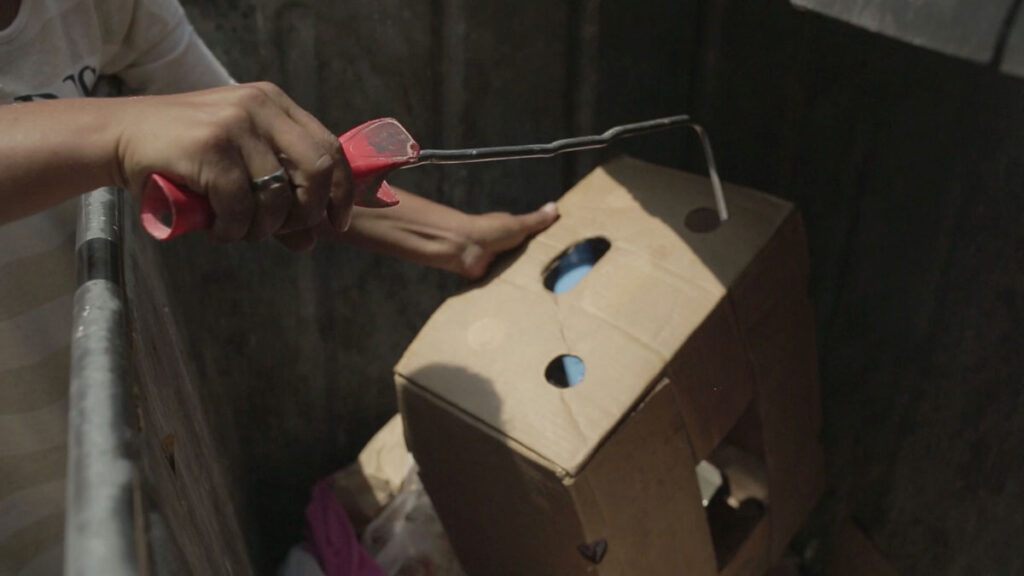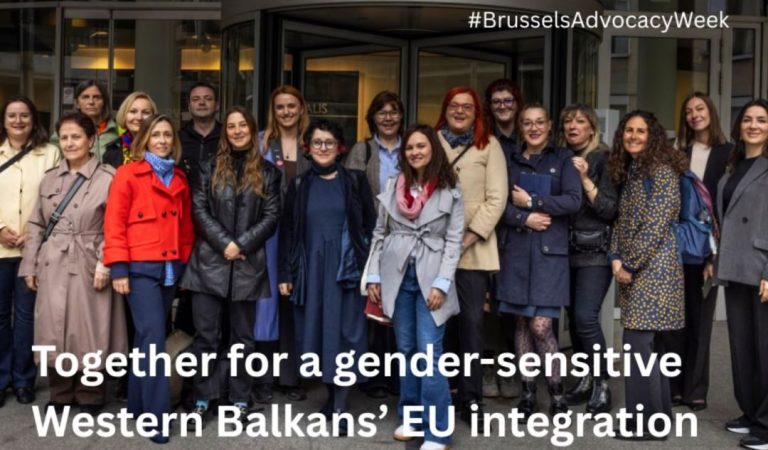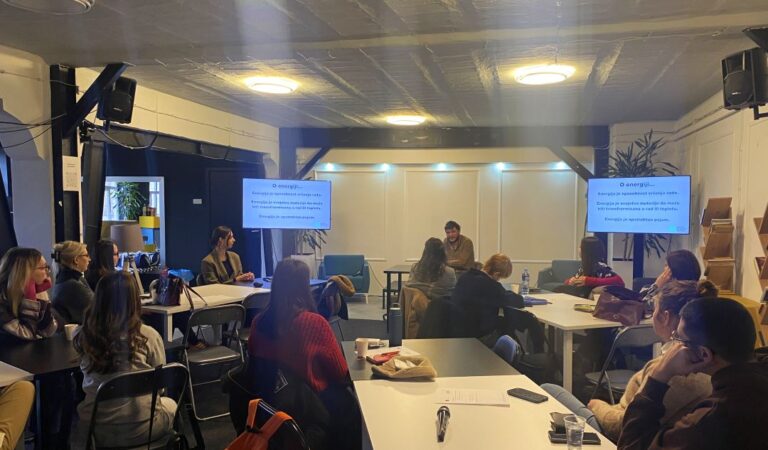The initiative for the ratification of the Optional Protocol to the International Covenant on Economic, Social and Cultural Rights that the A 11 – Initiative for Economic and Social Rights submitted to the Office for Human and Minority Rights has been rejected without any justification.
Although the Office for Human and Minority Rights was obliged, in line with its competencies defined by the Decree on the Office for Human and Minority Rights, and procedures foreseen by the Law on the Conclusion and Execution of International Agreements, to accept the initiative and submit a proposal for the conclusion of this international treaty to the Government of Serbia, it failed to do so and forwarded the said initiative to the Ministry of Labor, Employment, Veteran and Social Issues, which rejected the initiative without any explanation.
While it is said that the overall economic situation in Serbia is improving, the fact is that reports from NGOs and NHRIs indicate that an increasing number of citizens face violations of economic and social rights, and that Serbia is one of the countries with the widest gap between the rich and the poor in Europe.
While social assistance beneficiaries have been stigmatized for years with allegations of numerous abuses, financial social assistance amounts to less than € 90 per month, with most beneficiaries receiving it for only nine months during the calendar year.
While it is pointed out that socially vulnerable people are unwilling to work, the truth is that those who are able-bodied perform unskilled jobs in order to be eligible for social assistance. By applying the illegal and unconstitutional Decree on Measures of Social Inclusion of Beneficiaries of Financial Social Assistance, at least 10,000 beneficiaries have been forced to perform unpaid work in order not to lose their right to financial social assistance.
While talking about unemployment reduction, Serbia continues to pursue a policy of flexibilization and reduction of workers’ rights, while the minimum wage does not allow them to lead a dignified life.
While special laws are being enacted in order to build low-cost housing for members of the army, police force and state security agencies, Serbia has poverty tax for quite some time – imposing a tax burden on beneficiaries of social housing and housing intended for refugees and internally displaced persons; numerous housing problems remain unresolved.
While it is emphasized that caring for the most vulnerable is one of the priorities, the budget of the Ministry of Labor, Employment, Veteran and Social Issues is shrinking, austerity measures and especially reduction in pensions have affected the most vulnerable citizens, and in particular pensioners. These policies are reducing the attainment level of human and minority rights.
While emphasizing the importance of population growth and increasing the birth rate, laws that are enacted drastically reduce maternity benefits, discriminate entire groups of women, and prevent Roma children from receiving financial support from the state for their child-rearing.
While health care is proclaimed as one of the most important issues, the Draft Law on Health Insurance prescribes that citizens who fail to undertake screening checks shall pay 35% of the costs of treatment. Many people will not be able to afford to pay this 35% of the costs of treatment due to low-income and poverty.
For years, citizens of Serbia have not been able to get adequate nor efficient judicial protection for the above economic and social rights violations.
Ratification of the Optional Protocol to the International Covenant on Economic, Social and Cultural Rights would allow individuals, who exhausted all available domestic remedies, to address the United Nations Committee for Economic, Social and Cultural Rights, and to have their rights protected.
Therefore, we, the undersigned, demand that the Government of the Republic of Serbia finally initiate a dialogue on the state of economic and social rights in order to review the detrimental policies affecting the realization of these rights.
We also request that the Government of the Republic of Serbia inform the public as to why recommendations of international human rights bodies received by the Republic of Serbia in order to improve economic and social rights and protect citizens in case of violations, have not been accepted.
At the same time, these are necessary steps towards fulfilling the obligations that the Republic of Serbia has with respect to international treaties that guarantee economic and social rights and the development of a society based on solidarity, social justice and dignity for all citizens of Serbia.
- A 11 – Initiative for Economic and Social Rights
- Academy of Female Leadership
- AS –Center for the Empowerment of Young Persons Living with HIV and AIDS
- ASTRA
- Atina – Citizens’ Association for Combating Trafficking in Human Beings and All Forms of Gender-Based Violence
- Autonomous Women’s Center
- Belgrade Center for Human Rights
- Belgrade Fund for Political Excellence
- BIRODI – Bureau for Social Research
- Center for Dignified Work
- Center of Modern Skills
- Center for Democratic Development EUROPOLIS
- Center for Independent Living of Persons with Disabilities Serbia
- CeSID
- Citizens’ Association Women for Peace
- Civil Rights Defenders
- Counselling for Lesbians
- CPD – Child Rights Center
- CPE – Center for the Politics of Emancipation
- CRTA
- Cultural Center DamaD
- Da se zna!
- Dijalog Net
- FemPlatz
- Foundation Center for Democracy
- Gayten-LGBT
- Group 484
- Housing Center – Housing Development Center for Socially Vulnerable Groups
- IAN
- Internet portal Dialogue Net
- Institute for Urban Politics
- Liceulice
- Mental Disability Rights Initiative of Serbia
- Novi Sad Humanitarian Center
- NUNS – Independent Association of Journalists of Serbia
- Open Society Foundation Serbia
- PIN
- Policy Center
- Praxis
- Prof. dr Zoran Stojiljković, president of Serbian Citizens’ Association Independence
- Reconstruction Women’s Fund
- SOS Vojvodina Network
- Trag Foundation
- Coalition of Serbian Patients’ Associations
- Union of Serbian Judiciary
- Učitelj neznalica
- Youth Initiative for Human Rights
- YUCOM – Lawyers’ Committee for Human Rights
- YUROM Center
- ZA Krov nad glavom
- Women in Black
- Women’s Center Užice



